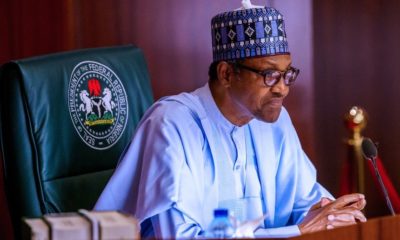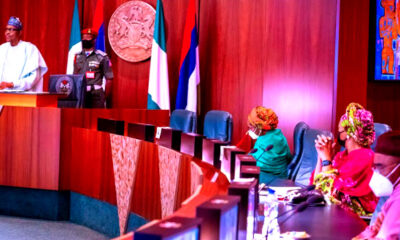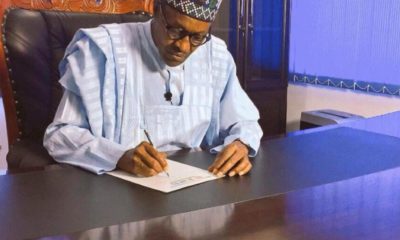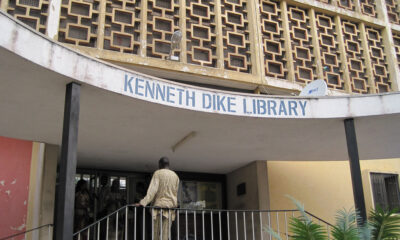Nigeria’s Federal Executive Council (FEC) has approved the federal roads and bridges tolling policy and regulation that will provide legal framework for its implementation.
The Minister of Works and Housing, Babatunde Fashola who briefed State House correspondents after the virtual FEC meeting presided over by Vice President Yemi Osinbajo at the Presidential Villa, Abuja.
The minister said that tolling would not start until the roads were made motorable
“The Ministry of Works and Housing presented a policy memorandum for the approval of federal roads and bridges tolling policy and also a regulation that will provide legal framework for the tolling policy.
“You will recall that about three years ago, you have asked severally here when roads will be tolled and I told you there is a lot of work.
“So, we have taken another step; let me be clear, tolls are not going to start tomorrow; so, let us just be clear about that; but the bid step to actual tolling was taken today by presenting for approval the broad policy that would guide tolling.
“So, that local people, states, local governments, all those who manage roads, investors who want to come in, will know what our tolling policy is.
“And that will form the basis of their financial modeling, their investments decision.
“When will they start? Tolls will not start until the roads are motorable; there will be agreements that have to be in place; negotiated with government through the Ministry of Works and Infrastructure Concession Regulatory Commission.’’
Fashola presented some of the highlights that would be adopted in the tolling policy.
He said that an open tolling policy would be adopted as opposed to a closed tolling policy.
“The difference is that on the open tolling policy which is what we are used to before, you pay toll at barrier over a fixed or pre-determined distance.
“Closed tolls system means that you pay tolls over the distance you travel and the size of your vehicle; we have not that operated before; so, we are going back to what we know.
“We also approved that consultations must be done; willingness to pay; surveys must be done before specific roads are tolled.’’
He said that the council also approved that only dual carriage ways out the 35000 kilometres of road should be eligible for tolling by the Federal Government.
The minister said that the dual carriage ways represented only 5,050 kilometres out of 35, 000 kiliometres.
“We also got approval that the tolls will be used to maintain the roads; to construct new road as they accrue and also to pay the investors who invest in building or completing a road and then take a concession on it.’’
According to him, a process of largely electronic collection and management system for audit and transparency will be adopted.
He said, however, that there would be some cash payments at the very minimum; and hopefully, phased out as the process progressed.
Fashola said that it was proposed and council approved that certain types of vehicles be exempted from paying tolls.
“Those are bicycles, pedal cycles, tricycles, motorcycles and that modes of two or three wheeled transport used mainly by disadvantaged members of our community.
“They will entitled to full 100 per cent exemption as we will diplomatic vehicles, military and paramilitary vehicles,’’ he said
Dr Mohammed Abubakar, the Minister of Environment, said he presented a memo seeking for the ratification of an anticipatory approval received from the president, on the submission of the Nationally Determined Contribution (NDC).
He said it was part of the commitment that Nigeria made in 2016 during the Paris Agreement; that every country, after five years, would revise the commitment the country made in cutting down emission.
“So, at the time we committed to reducing emission by 20 percent unconditionally, meaning we can do it by ourselves; that is by 2020.
“The 20 per cent is by the year 2020; at the same time, we are also committed to reducing 45 per cent by 2030; that’s again from the year 2016,’’ he said.
On his part, Sale Mamman, Minister of Power, said that FEC approved four contracts for the Transmission Company of Nigeria (TCN).
He listed the contracts as the supply and installation of motorised portable hydraulic compressor for the Transmission Company of Nigeria (TCN) and supply and delivery of three sets of online partial discharge measurement and monitoring equipment for the TCN.
Others are repairs of 100 MVA and four sets of 60 MVA 132 33 power transformers for TCN and for the procurement of 10 sets of 330 KV and 30 sets of 133 KV circuit breaker for the TCN.
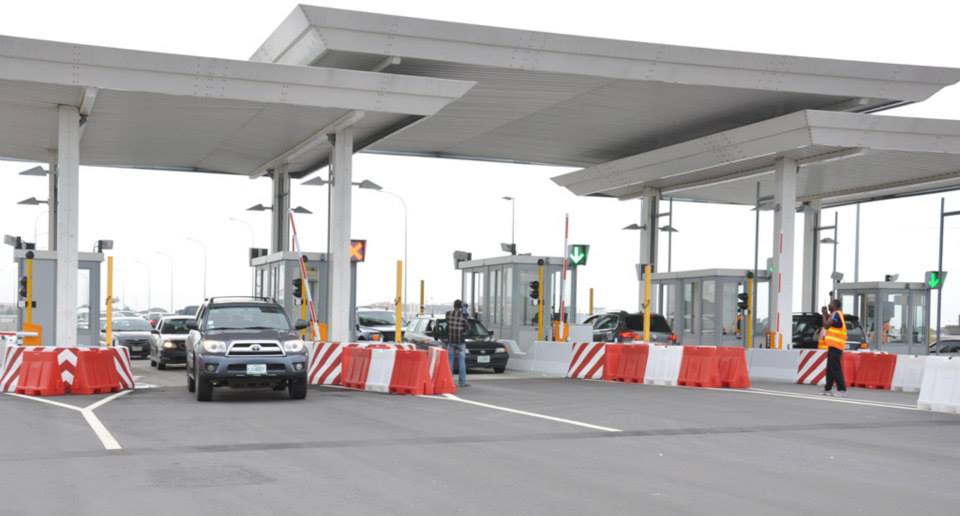

 Billionaire Watch3 weeks ago
Billionaire Watch3 weeks ago
 Startups4 weeks ago
Startups4 weeks ago
 News4 weeks ago
News4 weeks ago
 News4 weeks ago
News4 weeks ago
 Bitcoin4 weeks ago
Bitcoin4 weeks ago
 Naira4 weeks ago
Naira4 weeks ago
 Forex3 weeks ago
Forex3 weeks ago
 Treasury Bills4 weeks ago
Treasury Bills4 weeks ago



